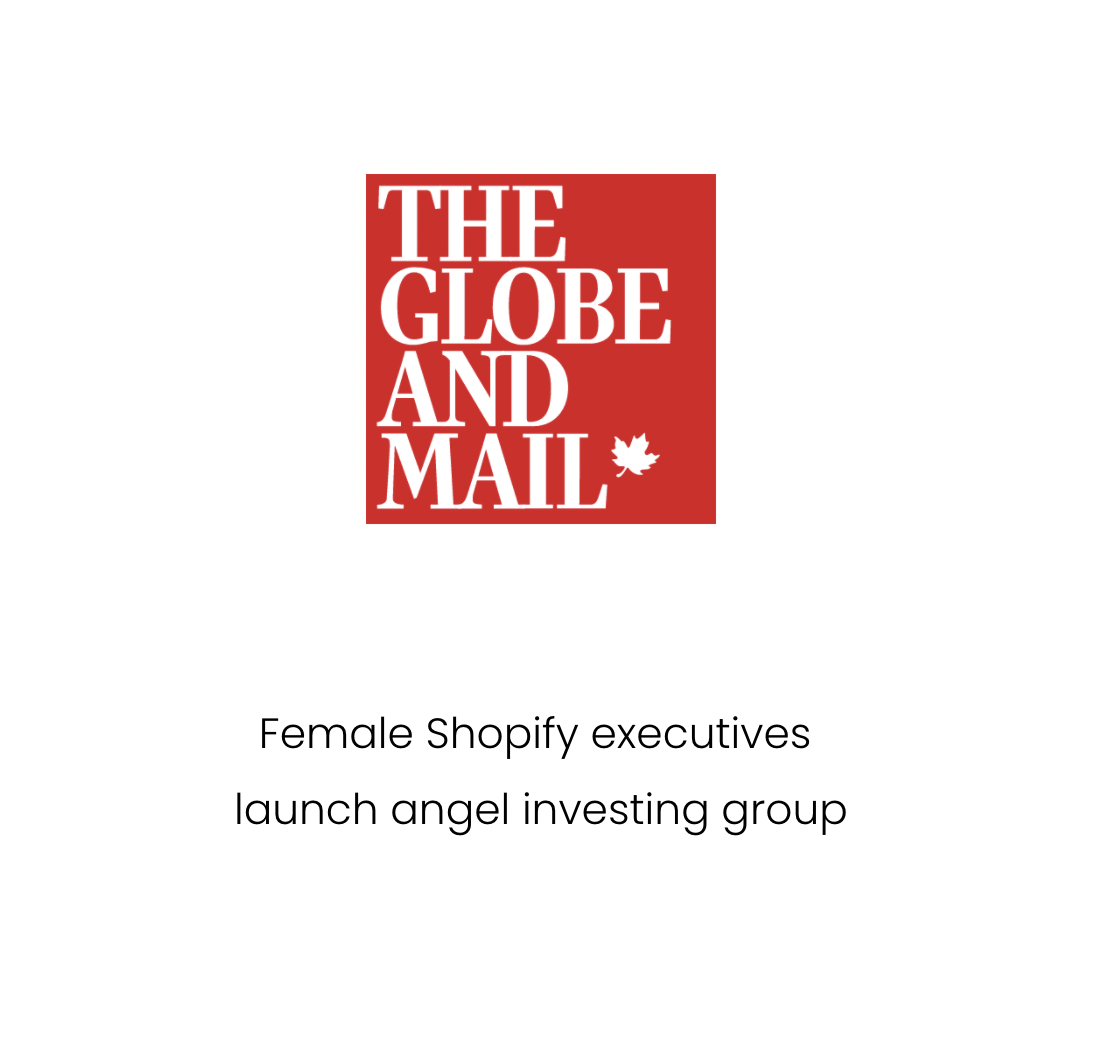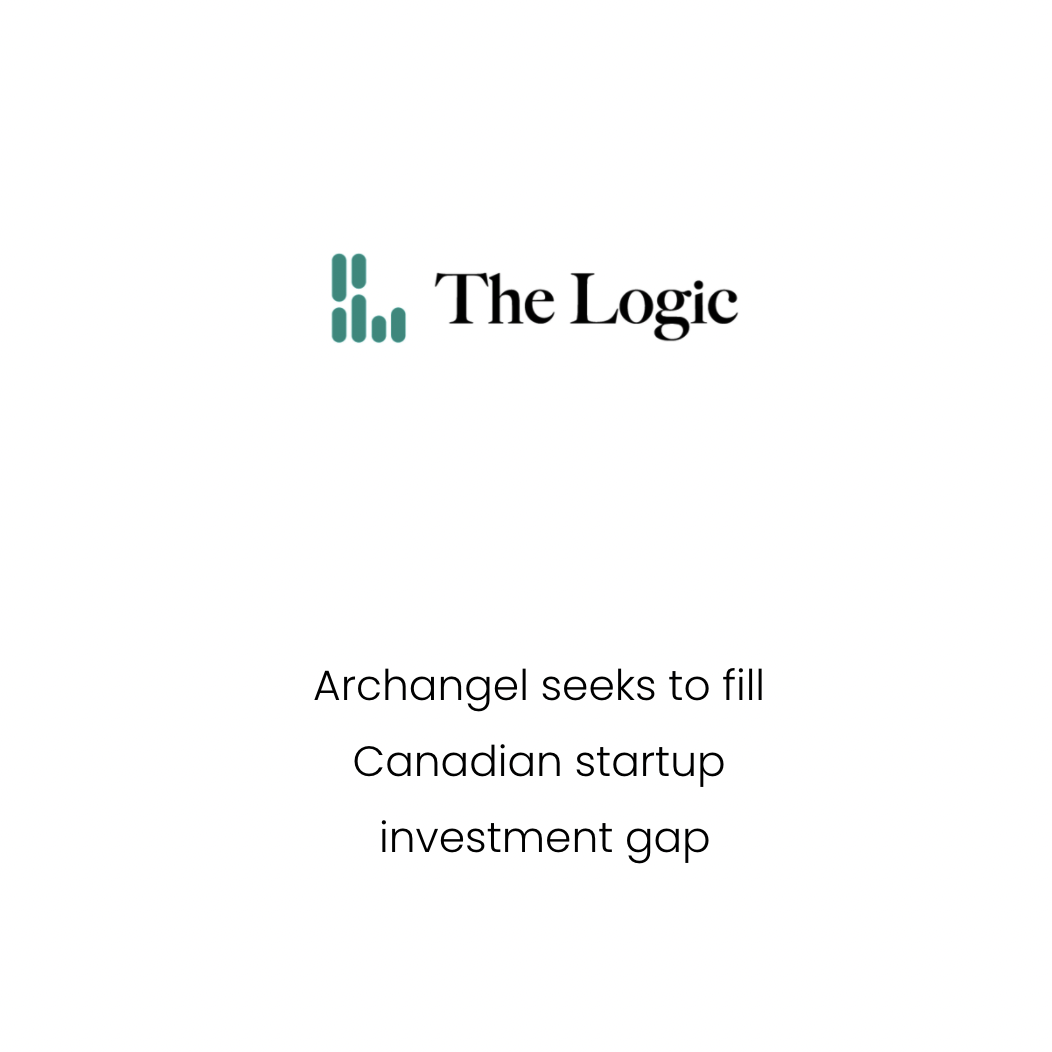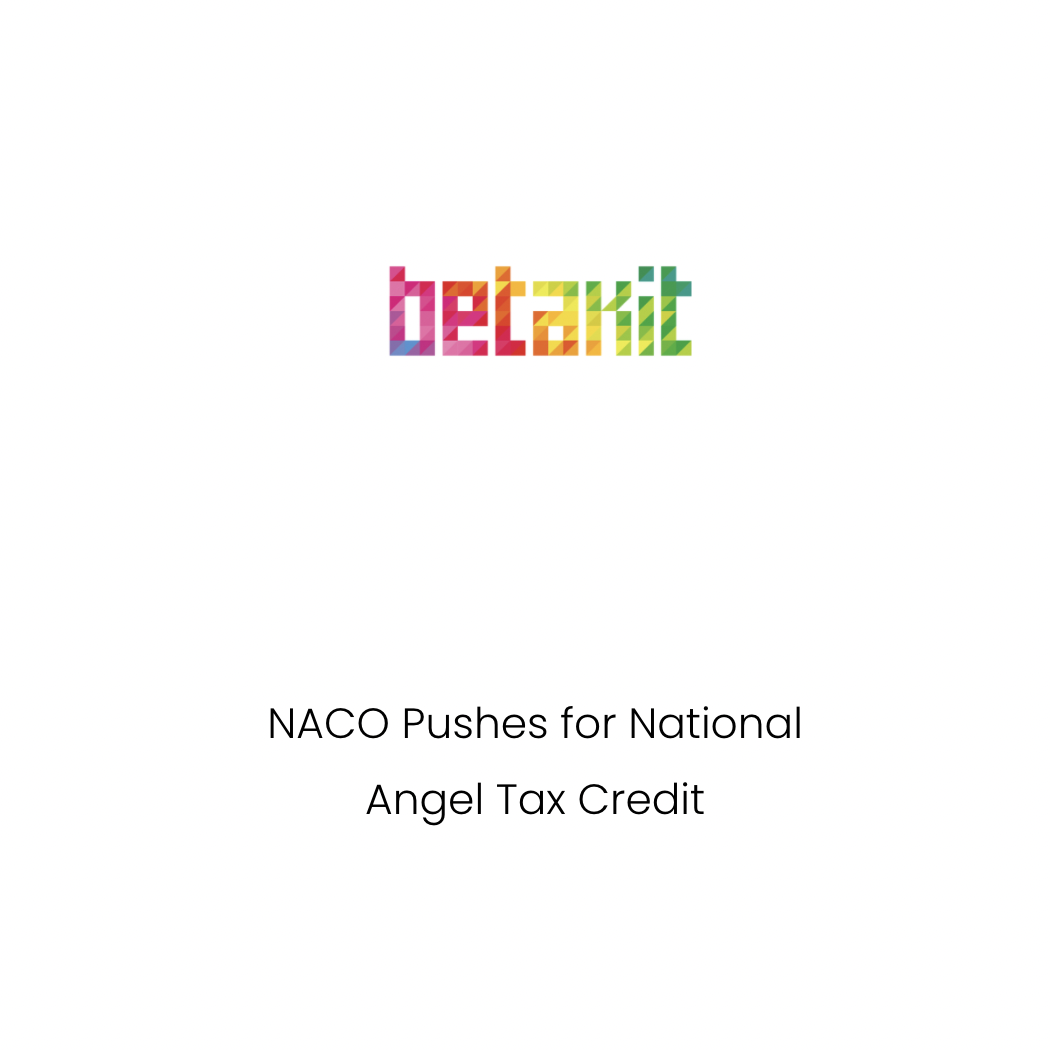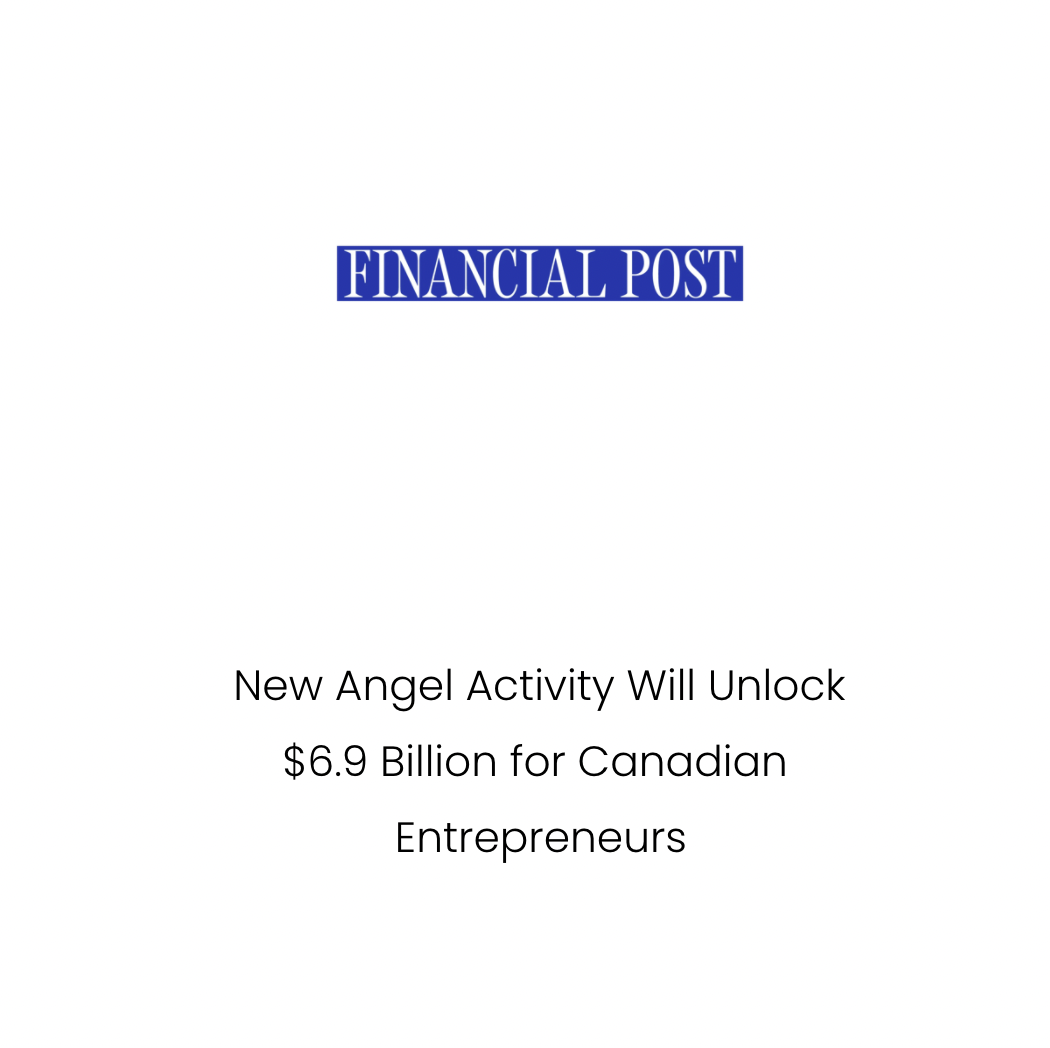
Join influential leaders at the intersection of innovation, capital and entrepreneurship.

We mobilize angel capital for Canada’s entrepreneurs.
Our members have invested $1.54 billion into more than 2,000 entrepreneurial companies. In all regions of Canada, we work to mobilize angel capital so that entrepreneurs have the financial resources they need to scale and grow world-class companies.
NACO Response to 2024 Federal Budget

Report on Angel Investing in Canada
More than $1 billion invested into 2,000+ entrepreneurial companies.
This report tells the story of Canada’s innovation economy.
Claudio Rojas speaks with Jon Erlichman on BNN Bloomberg about angel investing in the current environment.
Pre-Summit Interview Series
Mayor Bonnie Crombie.
Mississauga Mayor Bonnie Crombie joined ET Canada’s Keshia Chante for a conversation about how the City is putting its📍on Canada’s innovation corridor with the launch of Mississauga’s Innovation District @IDEAmississauga hub next month.
The Honourable Filomena Tassi
Minister responsible for the Federal Economic Development Agency for Southern Ontario speaks to the opportunities ahead for Canada’s entrepreneurs.








